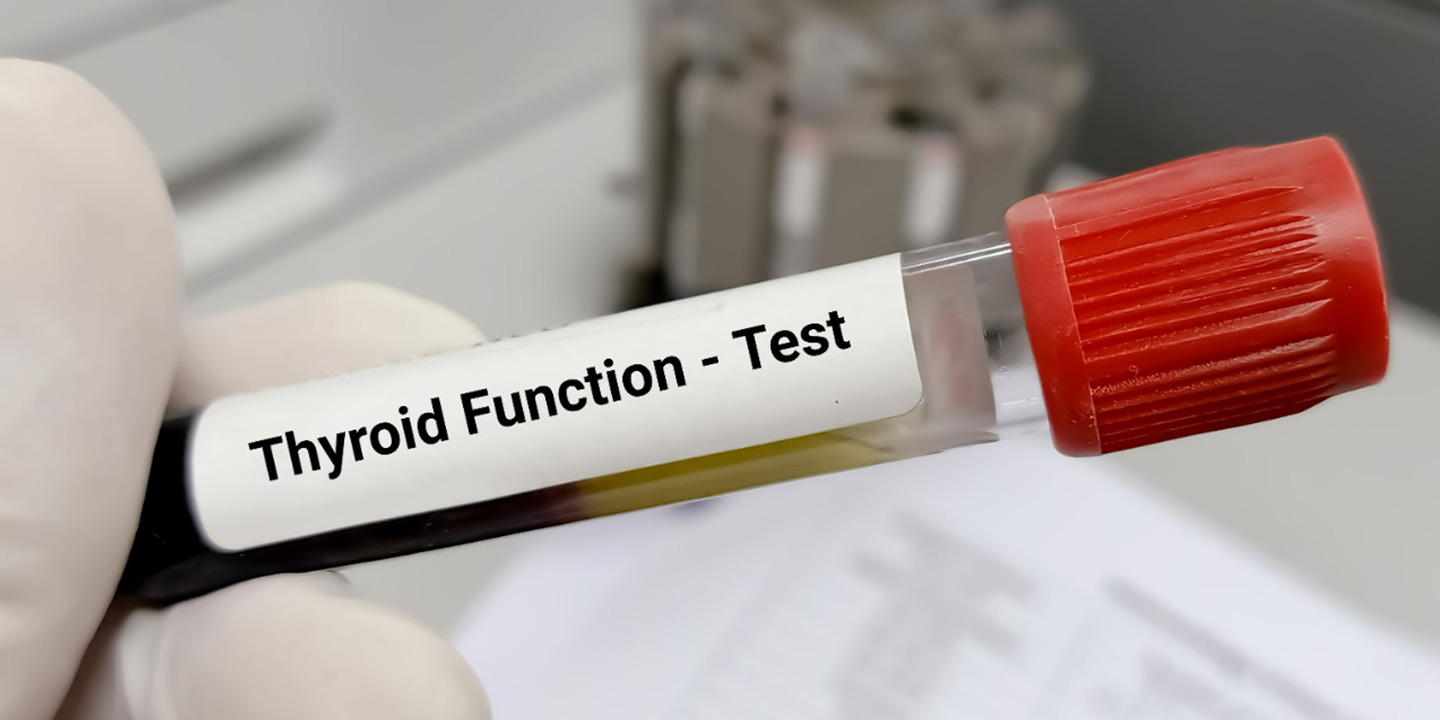Pregnancy ultrasound plays a pivotal role in modern prenatal care, offering valuable insights into the health and development of the unborn child. Beyond providing expectant parents with memorable images, ultrasound technology enables healthcare providers to monitor fetal growth closely, detect potential complications early on, and ensure the overall well-being of both mother and baby throughout the pregnancy journey. We will explore the significance of pregnancy ultrasound in Lebanon at Obria Medical Clinics, shedding light on its various applications and benefits.
Monitoring Growth and Vital Signs
One of the primary functions of pregnancy ultrasound is to monitor the growth and vital signs of the fetus. During routine prenatal check-ups, healthcare professionals use ultrasound scans to measure fetal size, track organ development, and assess the health of the placentas and amniotic fluids. These scans provide critical information about the baby’s position in the uterus, ensuring it is growing correctly and receiving adequate nourishment from the mother.
Detecting Developmental Milestones
Ultrasound technology allows healthcare providers to detect critical developmental milestones in the fetus. From as early as the first trimester, ultrasound scans can confirm the presence of a heartbeat, determine the number of embryos, and estimate the gestational age. As the pregnancy progresses, subsequent scans reveal more detailed information, such as the formation of limbs, facial features, and internal organs. This early detection helps anticipate potential developmental issues and allows for timely interventions or additional monitoring when necessary.
Assessing Fetal Health and Well-being
Another crucial role of pregnancy ultrasound is to assess the overall health and well-being of the fetus. By examining blood flow through the umbilical cord and other vital parameters, ultrasound scans provide insights into the baby’s circulation, oxygen levels, and movement patterns. Abnormalities detected during these assessments can alert healthcare providers to complications such as intrauterine growth restriction (IUGR), which may necessitate closer monitoring or medical interventions to optimize outcomes for both mother and child.
Diagnosing Structural Abnormalities
Beyond routine monitoring, ultrasound scans are instrumental in diagnosing structural abnormalities or congenital anomalies in the fetus. Detailed ultrasound examinations, such as the anomaly scan performed around 18-20 weeks of pregnancy, help identify conditions such as cleft lip, heart defects, neural tube defects, and skeletal abnormalities. Early detection of these conditions allows expectant parents to make informed decisions regarding their pregnancy and prepare for any necessary medical or surgical interventions after birth.
Guiding Prenatal Interventions and Procedures
In some cases, pregnancy ultrasound plays a crucial role in guiding prenatal interventions or procedures aimed at improving fetal outcomes. For instance, ultrasound-guided procedures can be used to sample amniotic fluid for genetic testing or therapeutic purposes, perform fetal blood transfusions in cases of Rh incompatibility, or even guide surgical interventions to correct specific fetal abnormalities while still in the womb. These advancements underscore the importance of ultrasound technology in expanding the possibilities of prenatal care and improving outcomes for high-risk pregnancies.
Facilitating Parental Bonding and Preparation
Beyond its clinical applications, pregnancy ultrasound also serves a profound emotional and psychological role for expectant parents. Seeing ultrasound images of their developing baby can enhance parental bonding, fostering a sense of connection and anticipation for the journey ahead. It provides an opportunity for families to visualize the new life growing within them and begin preparing emotionally and practically for the arrival of their child.
Facilitating Communication and Decision-Making
Pregnancy ultrasound also facilitates clear communication between healthcare providers and expectant parents. The visual information provided by ultrasound scans helps healthcare professionals explain the status of fetal development, discuss any findings or concerns, and collaborate with parents on decisions regarding their pregnancy care. This transparency fosters trust and enables families to participate actively in their prenatal journey, ensuring that they are well informed and empowered to make informed choices for the health and well-being of their baby.
Monitoring Multiple Gestations
In multiple gestations, such as twins or triplets, ultrasound becomes even more essential for monitoring fetal growth and development. Regular ultrasound scans allow healthcare providers to track the growth of each fetus individually, assess the positioning of the babies in the uterus, and monitor any potential complications associated with multiple pregnancies. This specialized monitoring ensures that each baby receives the necessary attention and care throughout the pregnancy, optimizing outcomes for the mother and all the infants.
Continued Research and Technological Advancements
The role of pregnancy ultrasound continues to evolve with ongoing research and technological advancements. New techniques, such as 3D and 4D ultrasound imaging, provide more detailed and lifelike images of the fetus, enhancing diagnostic capabilities and furthering our understanding of prenatal development. Additionally, emerging technologies like Doppler ultrasound enable more precise blood flow and vascular health measurements, contributing to better management of conditions like preeclampsia and fetal growth restriction. As these innovations continue to expand the boundaries of prenatal care, ultrasound remains at the forefront, driving improvements in maternal and fetal health outcomes worldwide.
Pregnancy ultrasound is not merely a tool for capturing images; it is a cornerstone of modern prenatal care, offering invaluable insights into fetal development and well-being. From monitoring growth and detecting developmental milestones to diagnosing abnormalities and guiding interventions, ultrasound technology plays a pivotal role in ensuring the health and safety of both mother and baby throughout pregnancy. Its ability to provide early detection of issues allows healthcare providers to intervene promptly, optimizing outcomes and empowering expectant parents with knowledge and preparation. As technology advances, so will the capabilities of pregnancy ultrasound, further enhancing its role in shaping the journey toward parenthood.
Keep an eye for more news & updates on Internal Insider!










